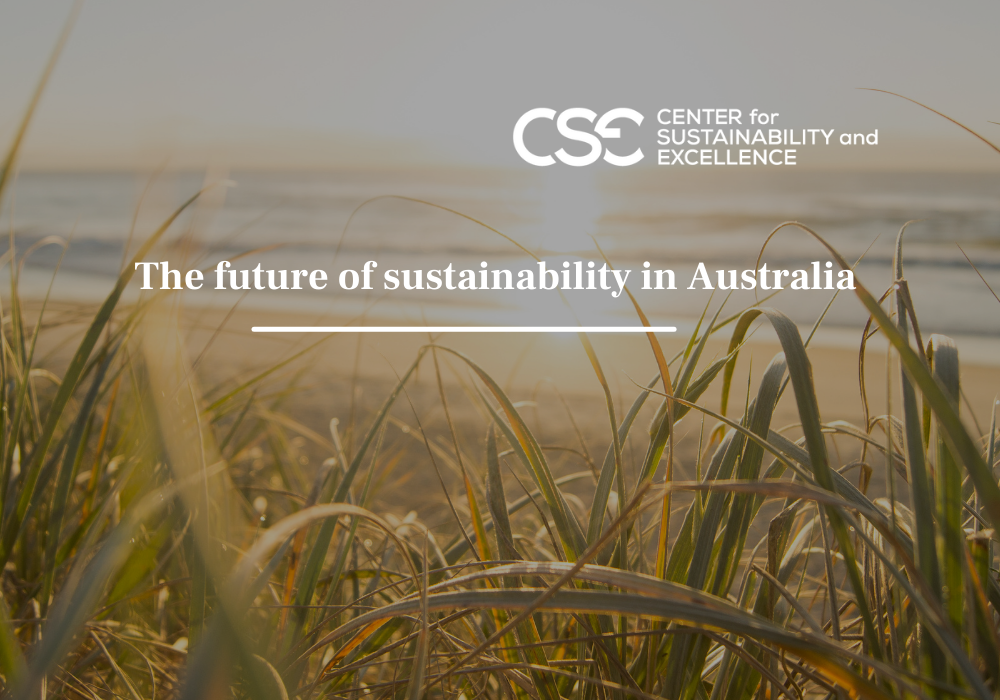Australia’s carbon emissions dropped 5% in 2020, which marks a considerable progress, considering that Australia had a very poor record on emissions and sustainability after an OECD review back in 2019, which said that as one of the most carbon-intensive economies in the OECD, Australia has no national long-term strategy for lowering emissions, and despite targets in place under the Paris agreement “emissions are projected to increase by 2030.
There are a number of reasons why this is happening, among others: Australia’s energy taxes do not reflect the climate cost associated with fuel use, there are no strong biodiversity policies or carbon emissions reduction policies, and most importantly, the federal government does not care to take proactive measures and ensure effective policies in this direction.
However, there are some states that have taken a stand and paved their own clean-energy path, in contrast to federal policy, heavily investing in “the inevitable transition to a renewable-energy future.”
Still, Australia is not on track to meet its 2030 emissions targets of a 26-28% reduction below 2005 levels under the Paris agreement. According to the Climate Action Tracker, under current policies, emissions are headed for an increase of 8% above 2005 levels by 2030.
So Australia needs to create and implement environment policies to tackle these challenges and ensure a viable future for its citizens.
This is necessary and cannot be ignored, with the country being increasingly exposed to rising sea levels, floods, heat waves, bushfires and drought, with its wildlife in a poor state and its condition worsening, with “81 ecosystems, 511 terrestrial and aquatic animal species and 1,355 plant species” listed as threatened at the national level.
It is imperative that Australia takes a more proactive role in fighting climate change and addressing biodiversity loss, by employing a national long-term vision on sustainable development and better coordinating work between state and federal governments.
Hoping that sustainability will climb to the top of policy agendas, companies need a framework for the future, which will allow them to preserve the country’s competitiveness, whilst protecting the environment.
CSE’s Certified Sustainability (ESG) Practitioner Program will be held on September 23, 24 & 27 and focuses on key challenges that business leaders will be required to address in the field of Sustainability, Supply Chain, Corporate Responsibility, Corporate Communications, Sustainable Development and Circular Economy, in order to provide significant growth opportunities and support the country’s effort to meet and beat its 2030 Paris Target.
Top executives in corporate responsibility, sustainability, ESG, communications, marketing, and investors’ relations have claimed their spot in the program, in order to become certified and recognized as Sustainability ESG Practitioners by CSE, CPD and the Chartered Management Institute (CMI).
To find out more about how you can join this high- in-demand certified Sustainability ESG Program and get exclusive group discounts, please reach us at [email protected].







